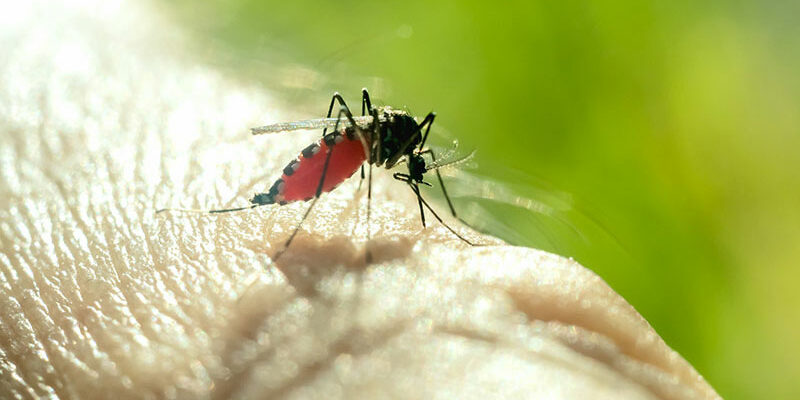What Is Encephalitis?

Encephalitis is characterized by brain inflammation, irritation, and swelling. It’s primarily caused by an infection that attacks the brain.
As the inflammation worsens, white blood cells permeate brain tissues to combat the infection. At the same time, the brain tissues swell, putting you at risk of intracerebral hemorrhage, cerebral edema, and permanent brain damage.
There are two types of encephalitis:
Primary Encephalitis
The virus directly affects the brain for primary encephalitis, and the affected area can be a pinpoint location or as widespread as affecting the spinal cord, too.
Secondary Encephalitis
When the body has an infection, the immune system is in charge of eliminating these viruses and unhealthy cells. If the immune system is defective or weak, it mistakenly attacks healthy cells as well, including in the brain. Once this happens, the patient may suffer from secondary encephalitis.
Causes of Encephalitis
Encephalitis is usually caused by childhood illnesses or arboviruses. The development of vaccines to combat illnesses such as measles, chickenpox, and rubella, means that not many people get encephalitis from childhood viruses anymore.
Arboviruses are more common, and include:
- West Nile Virus—primarily transmitted through infected mosquitoes. It’s a fairly mild disease, and most patients recover quickly. About 80% of infected patients are asymptomatic, and only one in 150 patients fall critically ill.
- St. Louis Encephalitis—also transmitted through infected mosquitoes. There is no vaccine or antiviral agent capable of combating the virus, but most patients recover from palliative treatment. Severe cases might need neurologic support.
- California Encephalitis—one of the most common mosquito-borne diseases in the country. There are about 80 to 100 cases of California Encephalitis annually. The disease primarily affects children but is rarely fatal, and most infected patients don’t show symptoms.
- Kyasanur Forest Disease—a tick-borne virus. Most at risk of contracting it are campers, farmers, hikers, and trekkers exposed to possibly tick-infested animals. If you interact with cows, goats, or sheep on a daily basis, be vigilant.
- Eastern Equine Encephalitis—a rare mosquito-borne disease that primarily affects humans and horses. Despite being an uncommon disease, it’s often fatal. The disease has a whopping mortality rate of 33%.
- Colorado Encephalitis—otherwise known as Colorado tick fever. It is a mild tick-borne disease, but most patients recover with minimal treatment.
Symptoms of Encephalitis
There are various causes of encephalitis, so the symptoms vary on a case-by-case basis:
Among Infants
- bulging fontanel
- vomiting
- no appetite
- constant crying
- muscle stiffness
Among Patients With Mild Symptoms
- fatigue
- stiff neck
- vomiting
- headache
- fever
Among Patients With Severe Symptoms
- high fever
- unconsciousness
- light sensitivity
- irritability
- seizures
- hallucinations
- drowsiness
- confusion
Is Encephalitis Curable?
Most kinds of encephalitis are curable, but few have commercially available and tested vaccines.
The best way to cure any kind of encephalitis is early treatment, and addressing the disease early gives the patient enough time to combat the disease before the virus spreads throughout the brain.
You can also call your local experts, Native Shield, for safe, non-toxic treatments to control mosquitoes, ticks, and pests.
